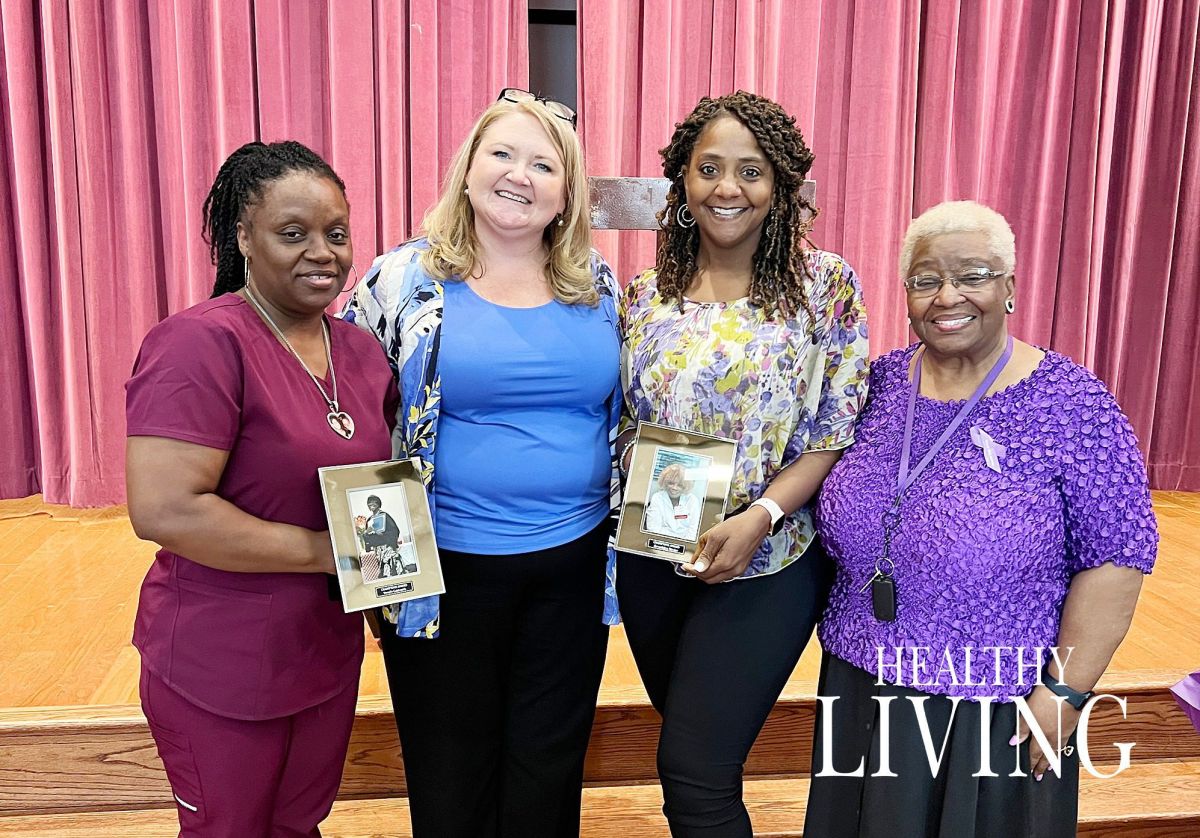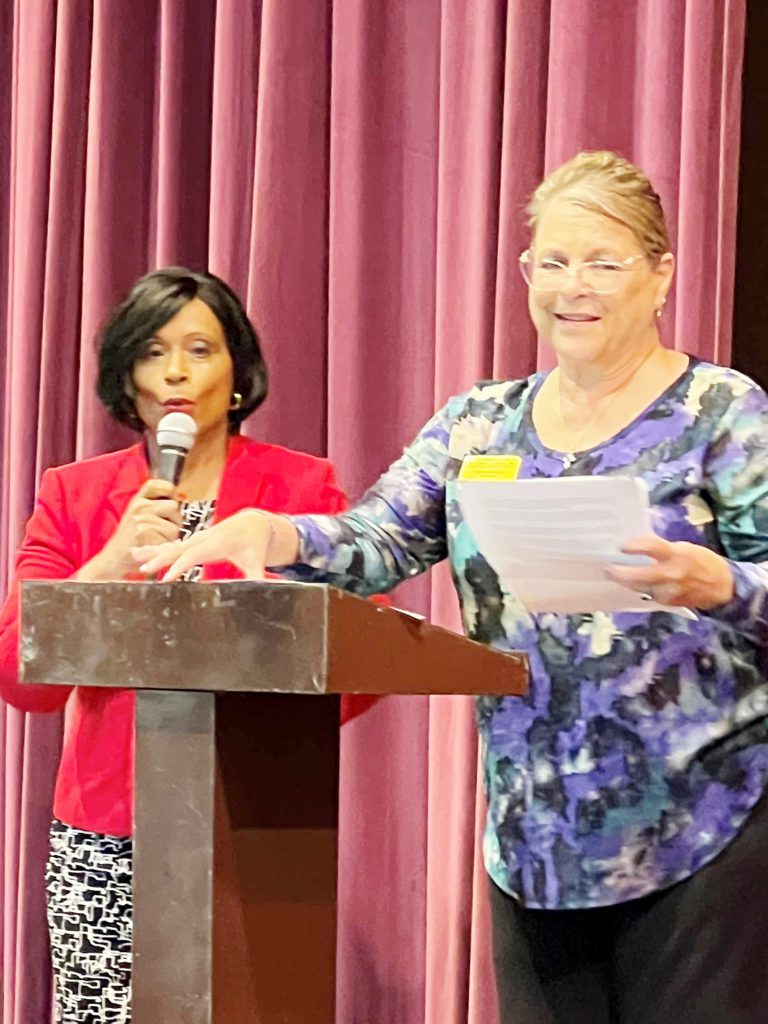SHINE-SMP protects seniors from Medicare fraud

What is World Elder Abuse Awareness Day?
Over 100 people attended the event to learn more about protecting our seniors. World Elder Abuse Awareness Day is designed to bring attention to the different forms of abuse that vulnerable seniors may face every day. Abuse can be in the form of physical, mental, or financial abuse.
The perpetrators may be family members, strangers, people in a position of authority, or people in a position of trust. The speakers addressed the types of abuse, the signs of abuse, and how to report the abuse. WEAR-TV anchor Sue Straughn emceed the event.
What is SHINE-SMP and how were they involved in the WEAAD event?
Serving Health Insurance Needs of Elders (SHINE) is a federally funded program that assists seniors with FREE, UNBIASED, CONFIDENTIAL counseling on all issues regarding Medicare. Senior Medicare Patrol (SMP) is a program that assists seniors by teaching them how to PROTECT themselves from Medicare fraud; how to detect Medicare fraud; and how to REPORT Medicare fraud.
During the month of June, the Agency on Aging brought awareness of the SMP and the role it plays in protecting seniors from Medicare fraud. During the seminar SHINE Liaison, Marti Hearn, addressed all these “how to’s” on Medicare fraud with specific examples and cases recently released by the Department of Justice.

What does Medicare fraud look like?
Medicare fraud takes many forms. Examples include bills for labs never administered or bills for Durable Medical Equipment never ordered by the beneficiary’s physician. Identity theft often occurs through a variety of scams committed over the phone, at health fairs, or solicitations door to door. The ways a senior’s identity is stolen are constantly changing. In most instances the senior was placed in a position of fear or misplaced trust and disclosed their Medicare number and other personal information to a scammer.
How can a person know for sure their Medicare identity has been stolen?
A person can usually determine that by checking their Medicare summary notices and Explanation of Benefits statements for any unusual charges. Examples would include being charged for Durable Medical Equipment; hospital bills or doctor bills they are unfamiliar with or lab tests they were told are “FREE,” yet Medicare was billed.
What should someone do if they think their Medicare or Social Security identity has been compromised?
Call us at 1-800-96-ELDER to report it to a Senior Medicare Patrol counselor with SHINE. Identity theft is very serious as it affects the senior financially and can be detrimental to their mental and physical health.
How does SHINE-SMP help the beneficiary report the incident?
We will guide them thru the reporting process and make a detailed report to the Office of Inspector General.
-What can people do to protect their identity from Medicare fraud?
Seniors must be diligent in protecting their personal information, Medicare #, and Social Security #.
NEVER give it out over the phone or online!
Medicare will not call you!
Social Security will not call you!
IRS will not call you!




